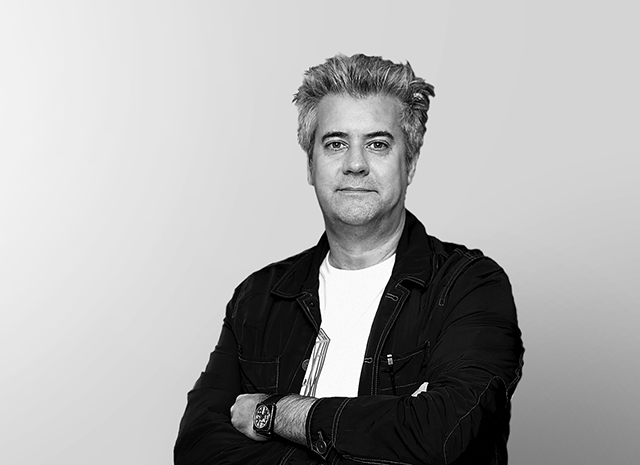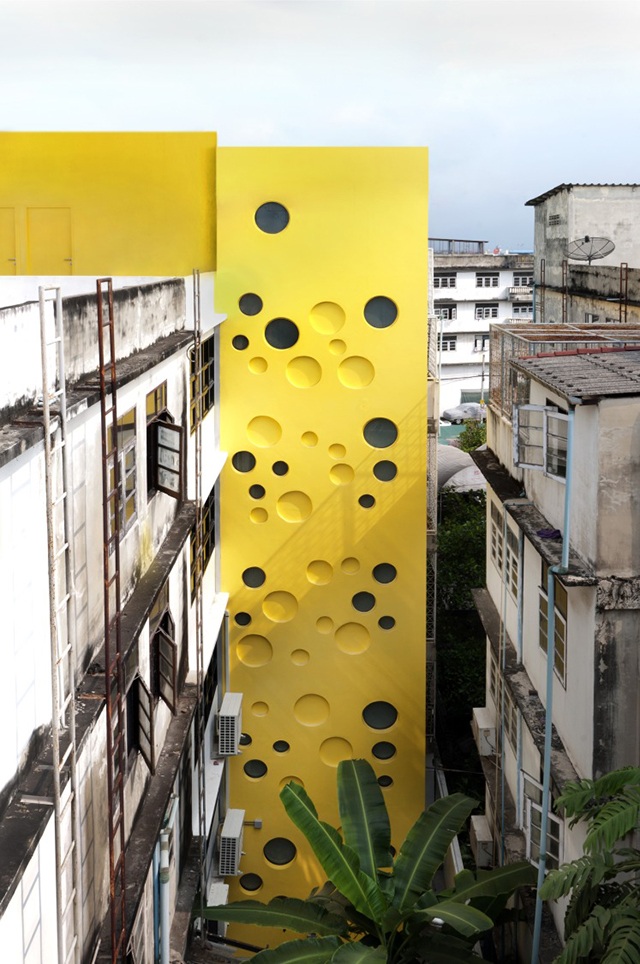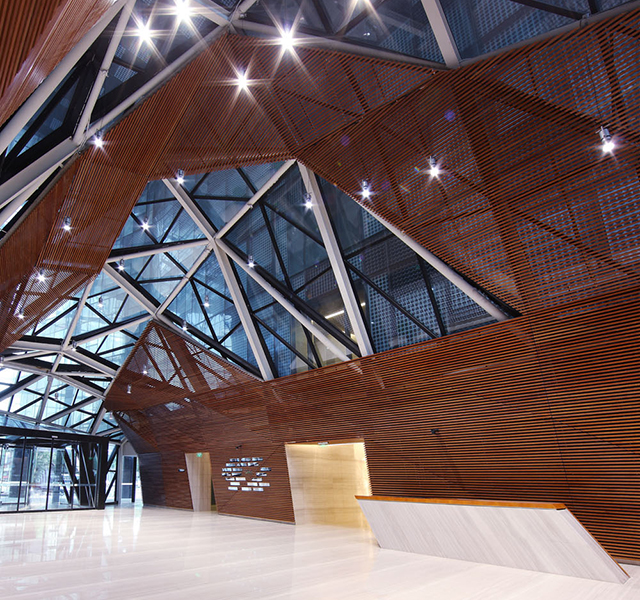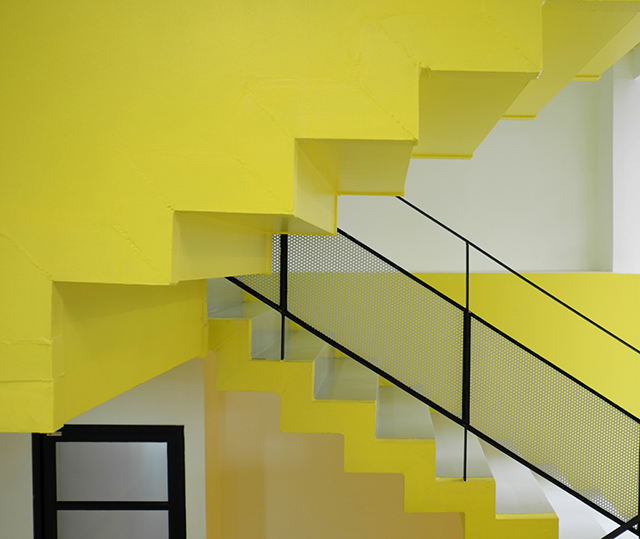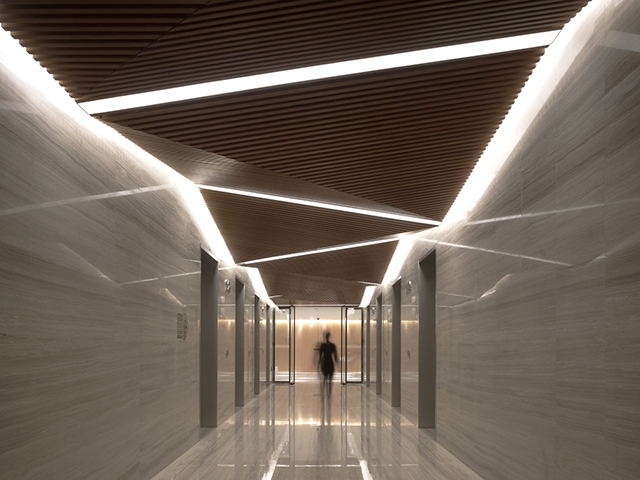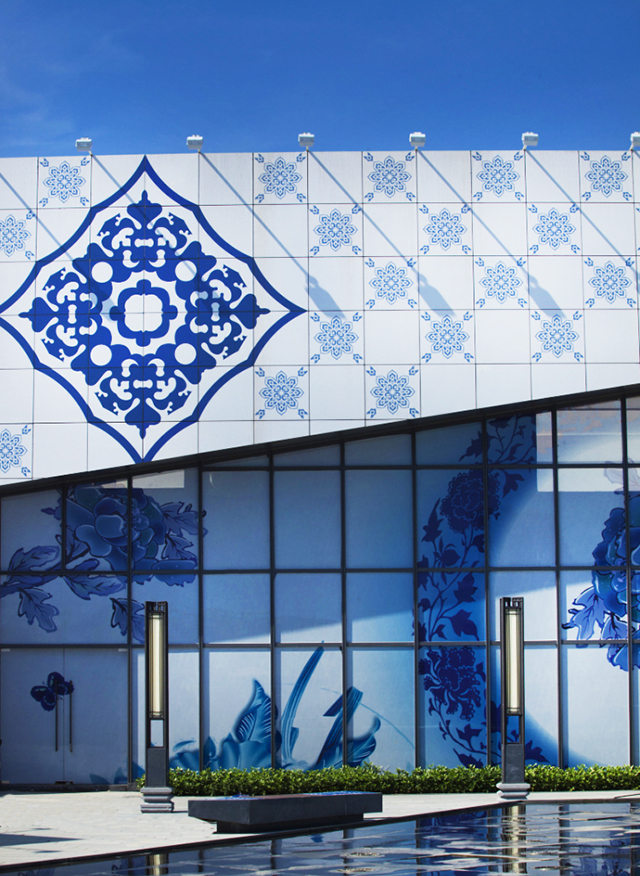An Architect’s Perspective: SPARK's Director Stephen Pimble
/The recent recipient of two German Design Council Awards, SPARK is an internationally-renowned, innovative architecture and design consultancy with a flare for creating breath-taking, modern buildings. Led by their fearless leader and founding director Stephen Pimbley, SPARK continues to take the architecture world by storm with their larger than life creations - not only in size, but also in electrifying architectural charisma. A U.K. native, Pimbley attended the Royal College of Art London in 1984 where he was a Gulbenkian scholar. He then started his professional career at the London offices of Richard Rogers and Partners, subsequently joining Troughton McAlsan’s team and becoming project director of Alsop’s famed Hôtel du Département in Marseille. Pimbley’s star continued to rise as he led the rejuvenation of Clarke Quay in Singapore, spring-boarding his jump to Asia and the eventual founding of SPARK, together with a handful of architects. Thankfully, we had a opportunity to chat with Pimbley about his influences, taking big risks, and whether or not he is satisfied creatively.
K: Where did you grow up and how was creativity a part of your childhood?
SP: I grew up just outside Cardiff on the coast of South Wales. The fine arts were perceived as being a soft educational option in Wales during the 1960’s and 1970’s. As a consequence, I was steered towards what was considered to be polite classic subjects, such as the sciences. I collected British Empire stamps, drew birds, super heroes, and cars, and listened to my main men Marc Bolan and David Bowie. My ability to draw, the advent of punk rock, and its portent of an alternative future saved me from following my father into banking.
K: Who influences your work?
SP: The people I have had the privilege of working with, those I currently work with, and the website ffffound.com.
K: What is your preferred rendering media?
SP: Anything that gets the message across, people it seems have become very snobbish over how information is produced, are you Grasshopper, 3D Studio Max or Sketch Up? Personally I have always liked collage, a somewhat distorted but heightened reality.
K: What is your favorite budget material to use in design?
SP: Corbusian concrete, i.e. it does not look like manicured Japanese concrete used by Tado Ando and others.
K: Can you describe the evolution of Spark as an architecture firm?
SP: The senior partners of SPARK have worked together for 12 years, albeit in a practice that changed names when it changed hands. We survived the uncertainty of being bought and sold to build our own business in a part of the world that is undergoing huge social and economic change. We constantly do our best to keep up with demand and build things that have quality and cultural credibility.
K: Are you satisfied creatively?
SP: Yes, amidst moments of worthlessness, despondency, despair and fear.
K. Have you had a point where you’ve had to take a big risk to move forward?
SP: Buying our business out and away from a leviathan of an architectural corporation, so we could breathe more easily and take responsibility for our own future. It’s the best thing we ever did!


